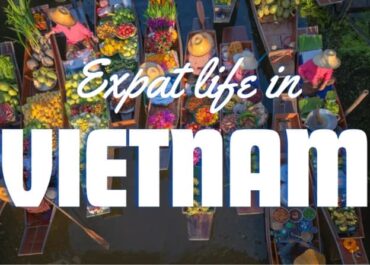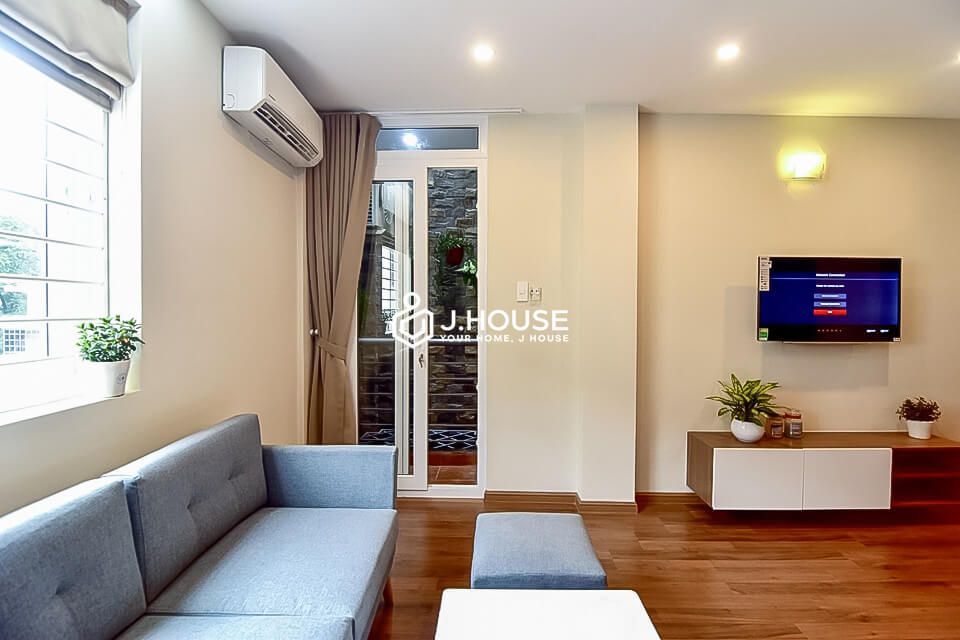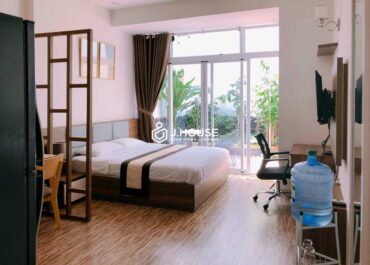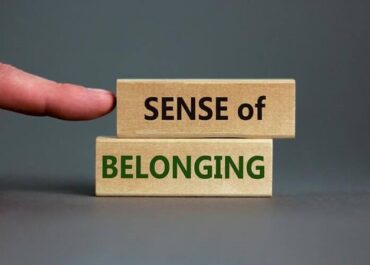Latest Properties
Long-Term Living in Vietnam: Top Challenges & How to Overcome
Living in Vietnam as an Expat: Top Challenges & How to Thrive Long-Term
Long-term living in Vietnam is a dream for many expats—yet the reality comes with hurdles that can surprise even seasoned travelers. From visa headaches and housing confusion to cultural misunderstandings and language gaps, settling in for the long haul takes more than packing your bags. It takes patience, flexibility, and a willingness to step far outside your comfort zone.

Still, for those who embrace the process, Vietnam offers a deeply rewarding lifestyle—filled with warmth, affordability, and a vibrant sense of community. Whether you’re looking to stay for a few years or build a new life entirely, the right insights and mindset can make all the difference.
Let’s dive into the real-life challenges long-term expats face—and how to overcome them with confidence, connection, and clarity.
Visas, Work Permits & TRCs: What You Must Know First
Before you can truly settle in, there’s one thing you need to get right: paperwork. Understanding Vietnam’s visa types, work permits, and TRCs (Temporary Residence Cards) is essential for any long-term expat. Many newcomers are surprised by how complex the process is—and how different it can be from their home countries.
From tourist visas with limited extensions to employer-sponsored work permits, the maze of legal documents can be stressful without proper guidance.
How to overcome it
- Partner with a local visa agency or employer for reliable, legal support.
- Explore long-term options like TRCs, investor visas, or spousal routes.
- Avoid overstays—penalties are severe and may affect future entries.
If you’re planning long-term living in Vietnam, sorting your visa early is key. It’s the legal and emotional foundation of your new life abroad.
Read more: Long-Term Visa, Work Permit & TRC in Vietnam: What You Need to Know
Culture Shock Is Real: Embrace, Don’t Resist
The vibrant chaos of Vietnam is part of its charm—but also a major source of culture shock for many new expats. Motorbike-packed streets, fluid timekeeping, and unspoken social rules can feel overwhelming.
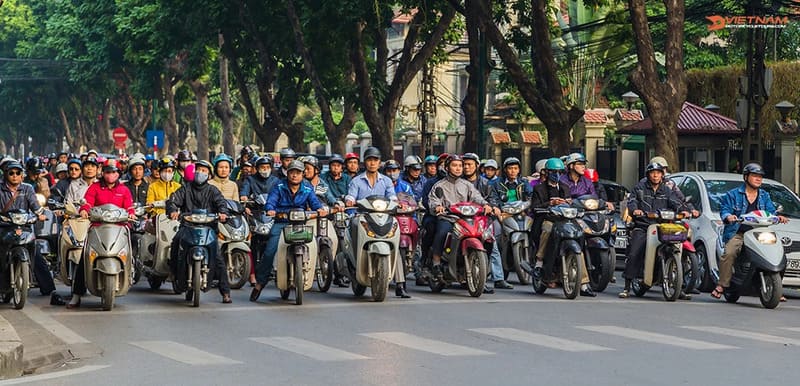
Many also struggle with indirect communication or the importance of hierarchy and saving face, especially in workplaces.
How to overcome it
- Treat every moment as a cultural lesson, not a personal frustration.
- Ask locals about social etiquette—they’re usually happy to explain.
- Join culture-focused expat groups or take classes to better understand the Vietnamese mindset.
Adaptation takes time. But with curiosity and openness, you’ll shift from confused to connected—and discover how those differences make life here so unique.
Read more: Step-by-Step: How to Settle in Vietnam as a New Expat
Overcoming the Language Barrier in Vietnam
When living in local neighborhoods, English proficiency is limited. Simple tasks—like ordering food, signing a lease, or troubleshooting your Wi-Fi—can become unexpectedly stressful without some knowledge of Vietnamese. Even hailing a ride or asking for directions might turn into a game of gestures and guessing.
How to overcome it
- Learn survival Vietnamese early on: greetings, numbers, basic food items, directions.
- Use translation apps, but don’t rely on them entirely.
- Take language lessons—it shows respect and builds confidence.
- Hire a bilingual assistant for complex issues like legal documents or rental contracts.
Over time, the language barrier becomes less of a wall and more of a bridge—deepening your connection to Vietnam and making each day a little smoother.
Expat Housing in Vietnam: Avoiding Common Pitfalls
Vietnam’s housing options are abundant—but for long-term expats, they can feel like a maze. From luxury condos in District 1 to boutique serviced apartments in Thao Dien, there’s something for every taste. The problem? Many listings online are outdated or misleading. You might fall for photos that don’t match reality—or get lost in translation with landlords or brokers.
How to overcome it
- Work with a trusted expat-focused housing agency like JHouse.
- Visit multiple units before committing.
- Ask about noise levels, landlord responsiveness, and monthly utility costs.
- Get everything in writing—especially for leases over 6 months.
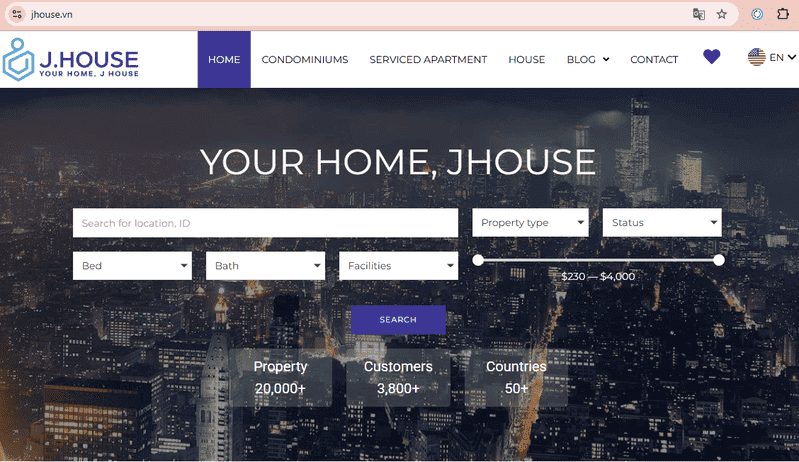
Finding the right home is essential to living in Vietnam as an expat. It’s not just about comfort—it’s about peace of mind in a brand-new country.
Read more: Best Districts in HCMC for Long-Term Expats
Healthcare & Insurance for Expats in Vietnam: Gaps You Can’t Afford to Ignore
Vietnam offers decent healthcare in major cities—but for foreigners, the system can feel confusing and inconsistent. Local clinics vary widely in quality, and language barriers often make communication difficult. Emergency treatment, prescriptions, and insurance reimbursements can become stressful, especially during urgent situations.
How to overcome it
- Choose international hospitals for serious issues (e.g., FV, Family Medical Practice, Vinmec).
- Buy private expat health insurance as early as possible.
- Keep digital copies of prescriptions and health documents.
- Always request English-speaking doctors or bring a trusted translator.
Health is wealth—especially abroad. Prioritizing reliable care makes long-term living in Vietnam safer, more stable, and far less stressful.
Read more: Healthcare in Vietnam for Expats: Insurance & Hospital Tips
Building a Social Life: From Stranger to Community Member
Moving abroad can be exciting—but also deeply isolating. You land in a new city, set up your apartment, and then realize: you don’t know anyone. Without familiar routines or friendly faces, even daily life can feel overwhelming. That’s why, for long-term expats, building a social circle isn’t optional—it’s essential for mental and emotional well-being.
How to overcome it
- Join expat Facebook groups or attend local community events.
- Try language exchanges, networking nights, or volunteering opportunities.
- Explore hobby-based meetups: sports leagues, yoga, art, or cooking classes.
- Say “yes” to social invites—even if it feels awkward at first.
- Use apps like Meetup or Internations to discover active communities.

Whether you’re in Ho Chi Minh City, Da Nang, or Hanoi, welcoming groups are out there. You don’t need to fit in immediately—just show up and start somewhere.
Read more: Finding Your Tribe: Join Expat Communities in Ho Chi Minh City
Managing Work and Money as an Expat in Vietnam
Whether you’re a remote worker, teacher, entrepreneur, or freelancer, Vietnam offers opportunity—but also financial unpredictability.
Under-the-table payments, slow transfers, unclear tax rules, or unfamiliar business laws can complicate your goals of long-term stability. Many expats underestimate how essential financial clarity becomes over time.
How to overcome it
- Open a local bank account to receive payments efficiently (some require a TRC).
- Use international tools like Wise or Remitly for cross-border transfers.
- Track monthly costs and manage your long-term budgeting in Vietnam.
- Consult with a local accountant or business expert if you plan to earn income locally.
Money shouldn’t be a mystery. The more control you gain, the more freedom and security you’ll enjoy in your expat journey.
Read more: Long-Term Budgeting in Vietnam: Monthly Costs & Smart Saving Tips
Vietnamese Lifestyle for Expats: How to Adapt with Ease
Vietnam’s pace is fast, loud, and wonderfully unfiltered. Streets pulse with life at every hour. Schedules shift last minute, rules are open to interpretation, and plans rarely go exactly as expected.
Your Grab driver might cancel twice. Your landlord may show up early—or late. And yet, underneath that unpredictability is a country bursting with generosity, resilience, and community spirit.

How to overcome it
- Let go of control—you’re in a new rhythm now.
- Focus on what works, not what’s missing.
- Practice patience—it’s a superpower in Vietnam.
- Embrace Vietnamese food, fashion, and traditions—it deepens your joy.
The more you move with the flow instead of resisting it, the more you’ll find beauty in Vietnam’s unpredictability—and fall in love with the life it brings.
Read more: Long-Term Living in Vietnam: A Settling Guide for Expats & Families
Final Thoughts: Ready to Embrace Long-Term Living in Vietnam?
Long-term living in Vietnam isn’t just about visas and apartments—it’s about resilience, growth, and transformation. The challenges are real—but so are the rewards. With time, support, and a willingness to adapt, Vietnam becomes more than a destination. It becomes a lifestyle—rooted in connection, discovery, and daily moments that shape who you are becoming.
At JHouse, we’ve helped hundreds of expats not only find housing but also build lives full of meaning and connection in this vibrant country. Whether you’re new or already a few years in, we’re here to make your journey smoother, more confident, and more fulfilling—one real home at a time. Because in the end, long-term living isn’t about simply staying—it’s about belonging.
Let Vietnam challenge you. Let it change you. And most of all—let it welcome you home.
Visit JHouse to explore trusted expat-friendly homes and start your long-term life with confidence.
JHouse Content Team
The in-depth content development team on housing services for foreigners & Vietnamese in Vietnam. The content is simple, easy to understand, and logically arranged to bring readers useful topics and information from real experiences.






